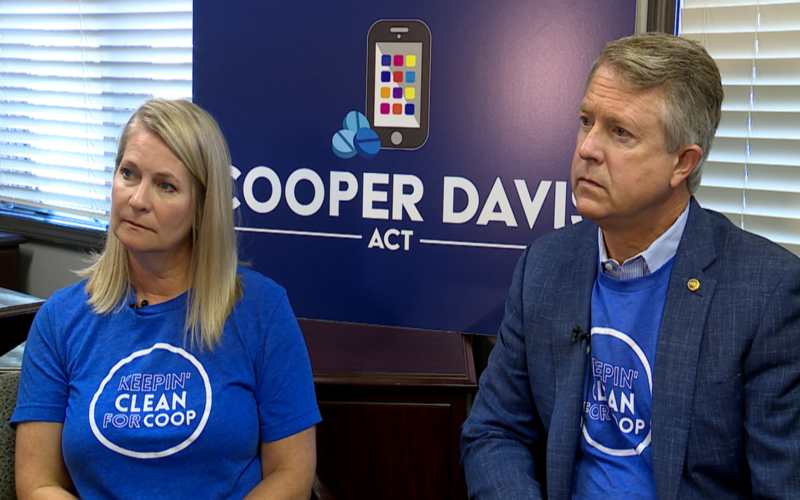Welcome to our comprehensive guide on the Cooper Davis Act, a proposed legislation aimed at combating the fentanyl crisis and protecting American youth from the dangers of illicit drugs. In this article, we explore the key provisions of the Cooper-Davis Act, its significance in addressing the rising fentanyl epidemic, and its potential impact on social media platforms. Join us as we delve into the details of this critical legislation and its potential implications.
Understanding the Fentanyl Crisis
The fentanyl crisis has emerged as one of the most pressing public health concerns in recent years, claiming numerous lives across the United States. Fentanyl, a potent synthetic opioid, has been linked to a surge in overdoses, particularly among teenagers and young adults. The accessibility of drugs through online platforms, such as social media, has contributed to the proliferation of counterfeit substances and the tragic consequences associated with their consumption.
The Cooper Davis Act: A Response to Tragedy
The Cooper Davis Act, named after a 16-year-old Kansas teenager who lost his life to a fentanyl overdose, seeks to address the alarming rise in fentanyl-related deaths by introducing stricter regulations and reporting requirements for electronic communication service providers. The bipartisan bill, which Senators Roger Marshall and Jeanne Shaheen introduced, aims to hold social media companies accountable for their part in facilitating illicit drug activity on their platforms.
Key Provisions of the Cooper-Davis Act
The Cooper-Davis Act proposes that social media platforms, remote computing services, and other communication service providers report any evidence they discover of the unlawful sale and distribution of counterfeit and controlled substances to the U.S. Attorney General. By mandating these companies to report such activities, the legislation aims to empower law enforcement agencies to combat the sale of fake fentanyl-laced pills and prosecute those responsible for endangering the lives of America’s youth.
Ensuring Internet Safety and Accountability
Critics of the Cooper-Davis Act have expressed concerns regarding potential privacy implications and the creation of a broad surveillance apparatus. However, proponents argue that the legislation is necessary to protect vulnerable individuals from the risks associated with online drug sales and the circulation of counterfeit substances. Striking a balance between internet safety and individual privacy is crucial to implementing the Cooper-Davis Act.
Challenges and Considerations
Implementing the Cooper-Davis Act comes with its own set of challenges. Social media platforms and communication service providers would face the task of identifying illicit drug activity on their platforms without infringing on user privacy. The legislation does not specify the precise mechanisms for distinguishing drug dealers from other users, leaving room for further clarification and potential collaboration between industry stakeholders and law enforcement agencies.
Collaboration and Impact
The Cooper-Davis Act allows collaboration between government bodies, law enforcement agencies, and social media platforms to combat the fentanyl crisis effectively. By leveraging the expertise of these entities, it may be possible to develop technological solutions that identify and report illegal drug activities while safeguarding user privacy. Such collaborations could lead to improved algorithms, detection mechanisms, and reporting frameworks that protect the well-being of individuals while holding accountable those who exploit online platforms for illicit purposes.
Conclusion
The Cooper-Davis Act represents a critical step in addressing the fentanyl crisis and protecting young Americans from the dangers of counterfeit substances. By placing reporting requirements on social media platforms and communication service providers, the legislation seeks to disrupt the online drug trade and prevent tragic deaths caused by fentanyl overdoses. While concerns about privacy and unintended consequences remain, careful implementation and collaboration can ensure a balance between internet safety and individual rights. Together, we can work towards a safer online environment and protect our youth from the devastating impact of illicit drugs.



















































